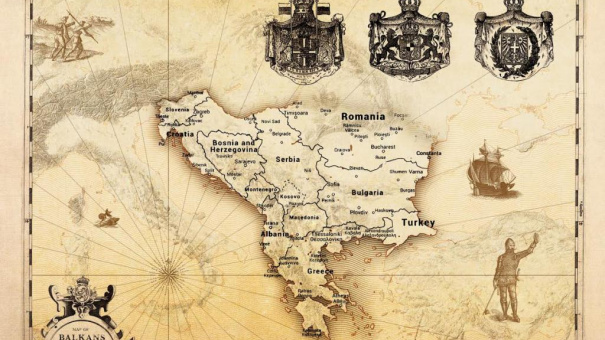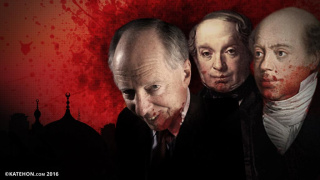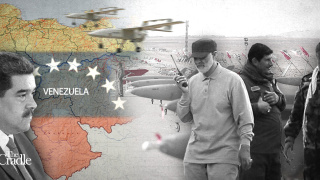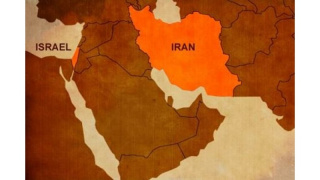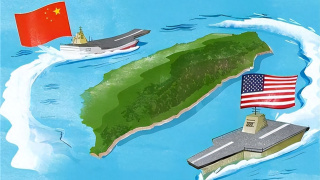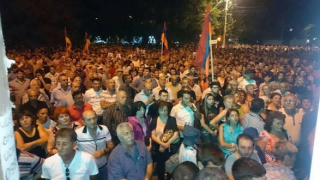What are the Americans doing in the Balkans?
Why did an armed conflict erupt in Kumanovo in May, 2015? If the Americans support the government of Nikola Gruevski, why did American intelligence services allow Albanian terrorists to attack this city in Macedonia? Why is chaos raging in Priština? Why have opposition leaders been allowed to throw tear gas at parliament daily, paralyzing the work of this important institution? If the Americans support Hashim Thaçi, then why is American intelligence simultaneously working with Albin Kurti, Ramush Haradinaj, and other opposition groups (for example, the Vetëvendosje movement)?
Why does Aleksandar Vučić often say that the Americans want to replace him? If the Serbian Prime Minister has already made a number of concessions to the Americans, the biggest ones concerning the issue of Kosovo’s status and Serbia’s relationship with NATO, then why does American intelligence support the Euro-fanatic opposition in Serbia?
Why has the coalition that de facto reined Montenegro into NATO fallen apart? If the strategic objective of the Americans was to push Montenegro into NATO, then why is American intelligence working on a new party-political arithmetic, which is a prelude to the ejection of Milo Đukanović from power?
Does the US have two different policies in the Balkans? Is this a conspiracy theory?
In previous years, we heard about the conflict between Medvedev and Putin. Hundreds of articles on the subject were published in Western journals. Today, we hear about large splits in the UK (in terms of the country's membership in the EU) and Germany (with regard to migrants). There are divisions everywhere, except in the American political-security apparatus. Euro-bureaucrats in the EU corridors of Brussels can often be heard saying: “Americans know what they are doing!” Because of this they are the superpower - the only superpower in the world.
However, what is happening in the Balkans actually demonstrates that the US apparatus is not immune to divisions. What’s more, the deepest divisions that exist in political and security spheres afflict the United States. This is linked with the primaries and the popularity of Donald Trump, the failure of the Ukrainian revolution, and the results of the Arab Spring. The result is that there is no consensus in Washington about what to do in the Balkans. The global political system is dramatically changing and it will soon be difficult to maintain a regional security complex in the Balkans.
It is obvious that one center of power in Washington thinks that they should continue their work in the Balkans only by inertia. This means pushing the Balkan countries into NATO, keeping local leaders in power who are loyal, susceptible to pressure, and who will gradually fulfill all demands. This also means continuing to invest in existing regional relationships until what will happen next in a wider context becomes clearer. This is why one pole of the American superpower is supporting Nikola Gruevski, Aleksandar Vučić, Hashim Thaçi and Milo Đukanović.
Another center of power thinks that it is high time for Plan B. Plan B involves conceptualizing how to construct a new political and security architecture in the Balkans through controlled crises. From this perspective, it seems that Plan B relies on the Albanian factor. Hence the fact that some US structures have invested in various political parties, terrorist groups, and radical organizations. It may seem paradoxical, but the position changes within the power and influence structures in Washington and the battle between (at least) two poles of American power are visibly manifesting themselves in the Balkans. We have stepped into a new period of destabilization.
